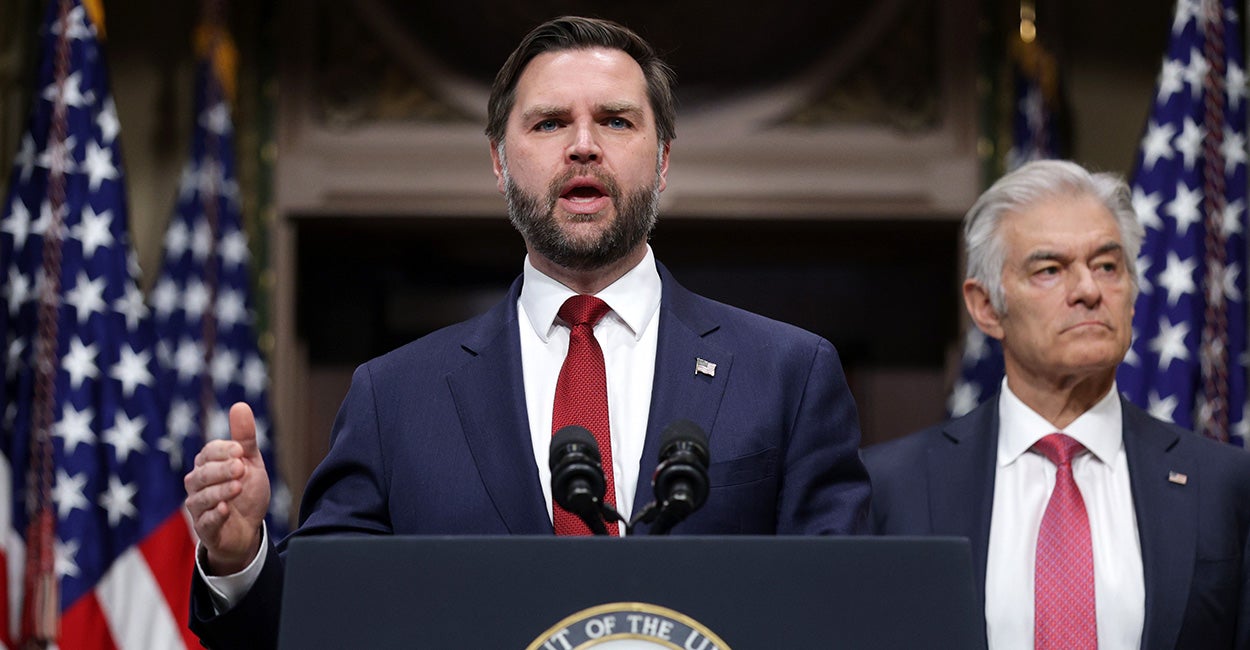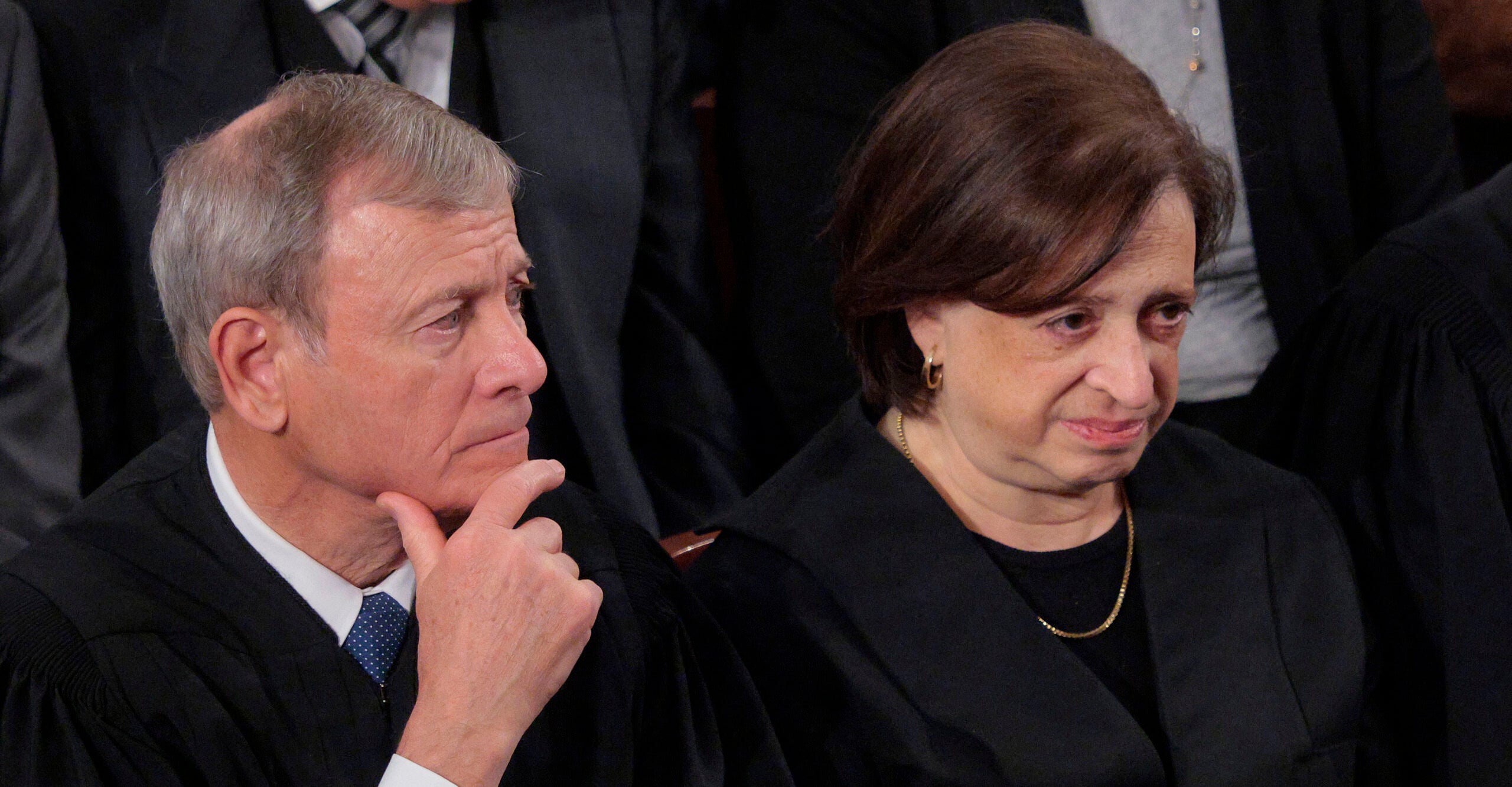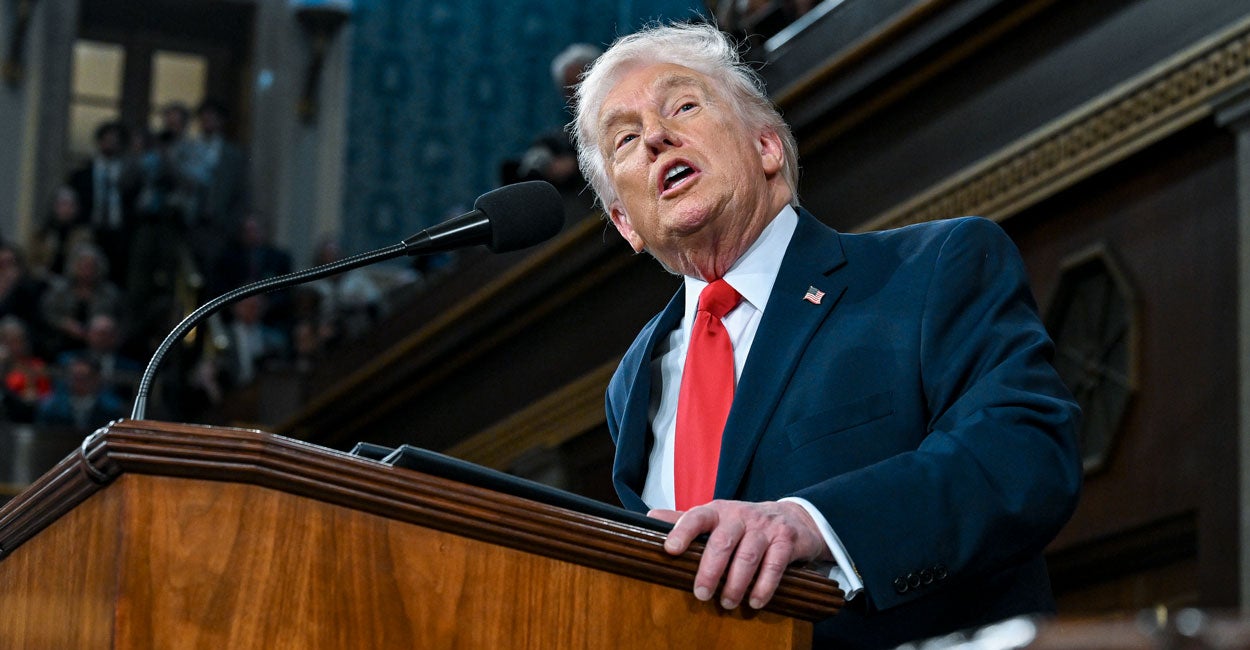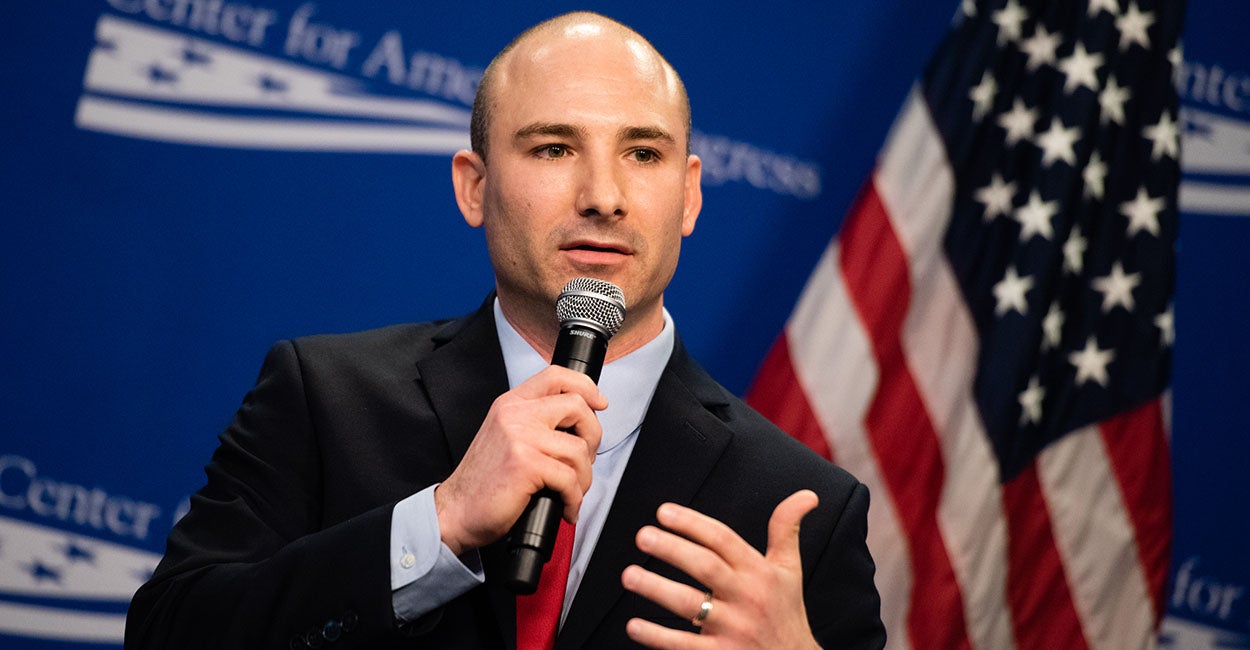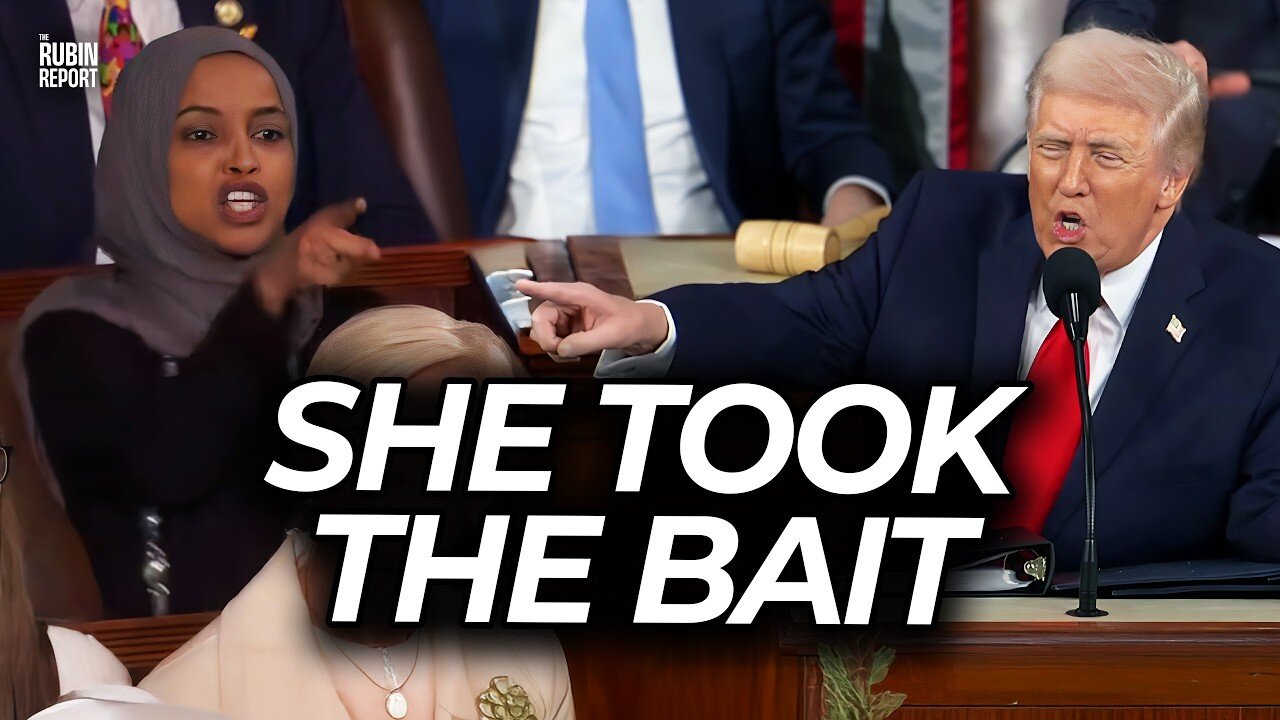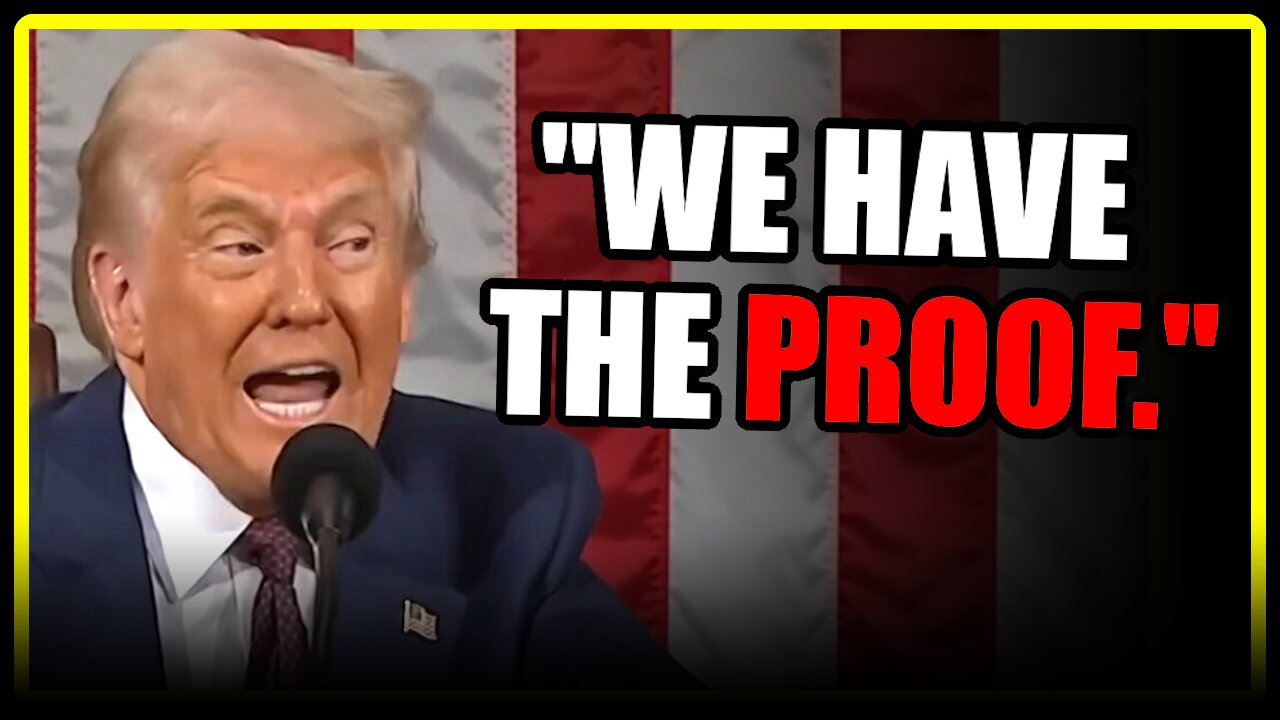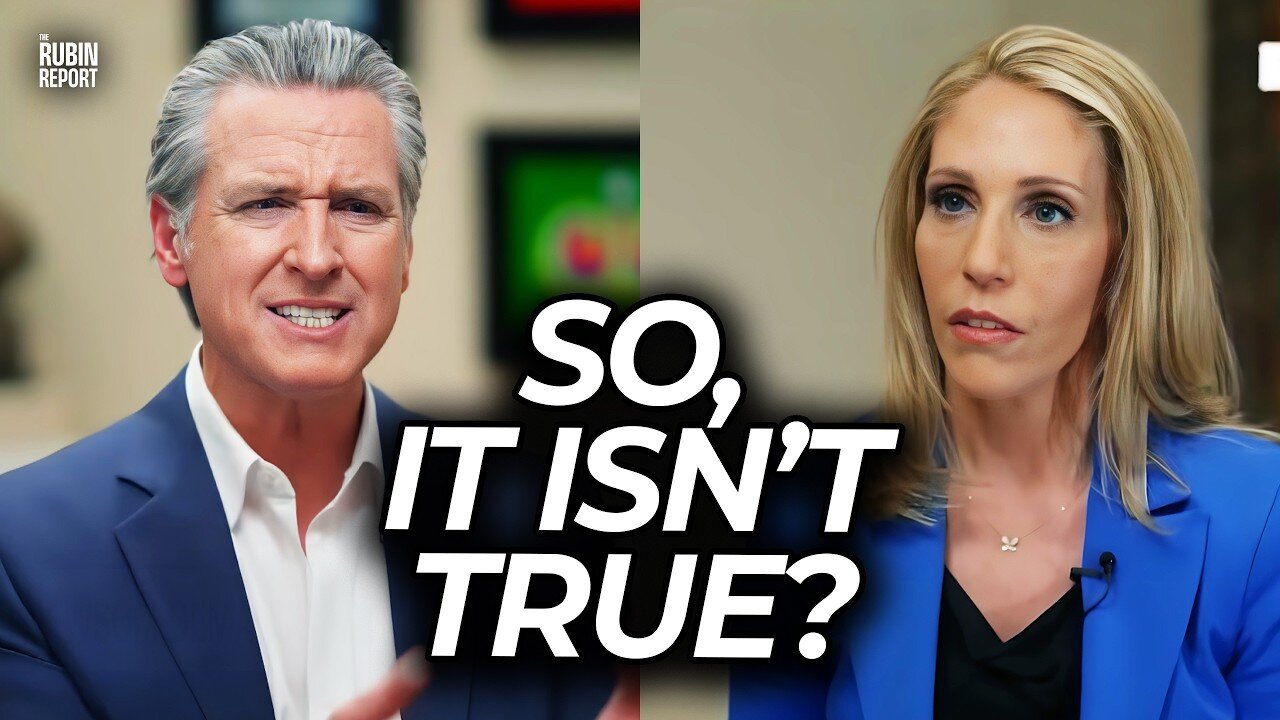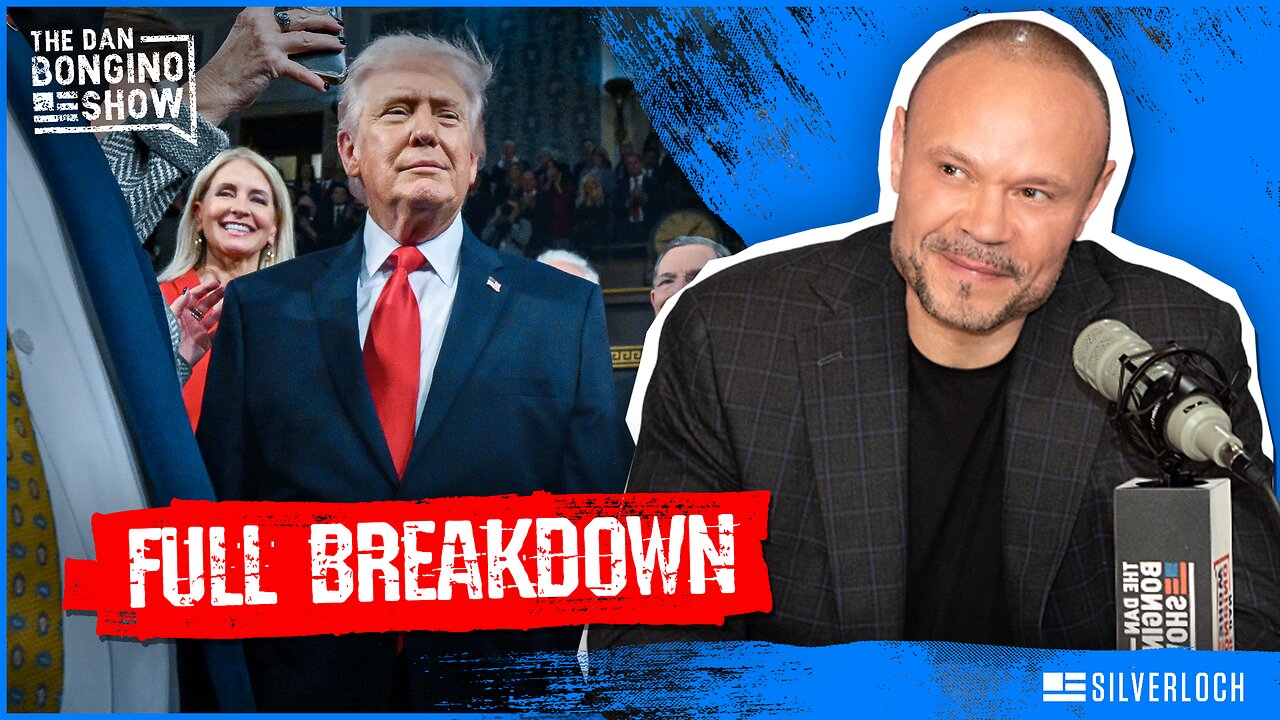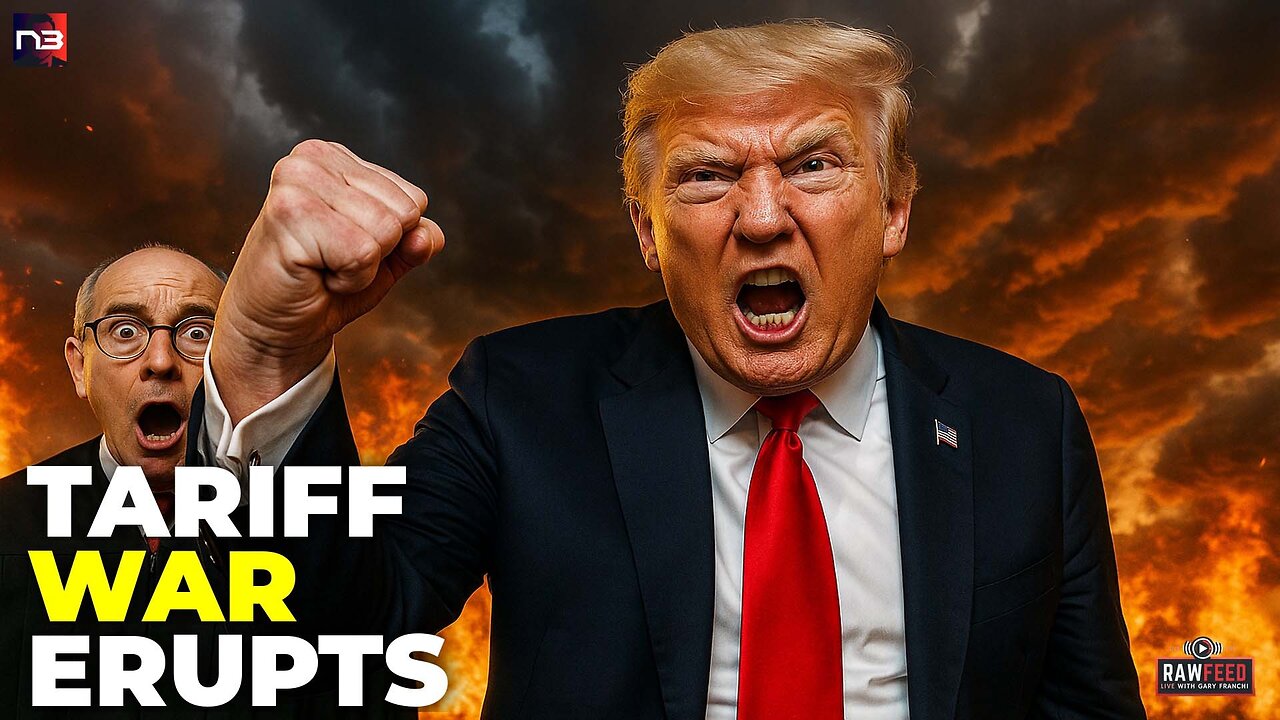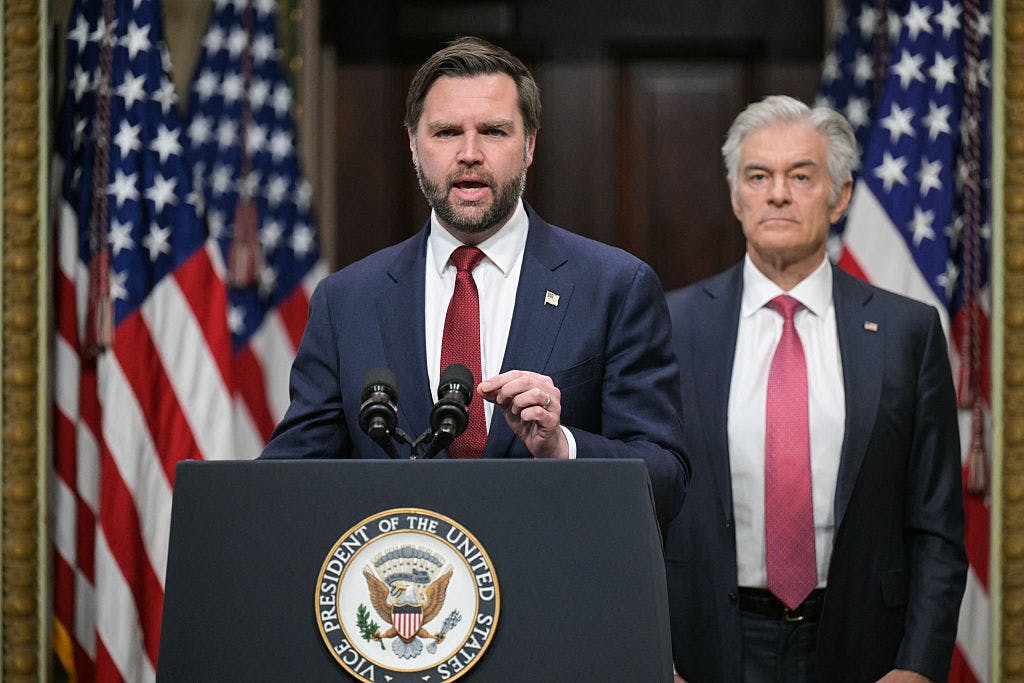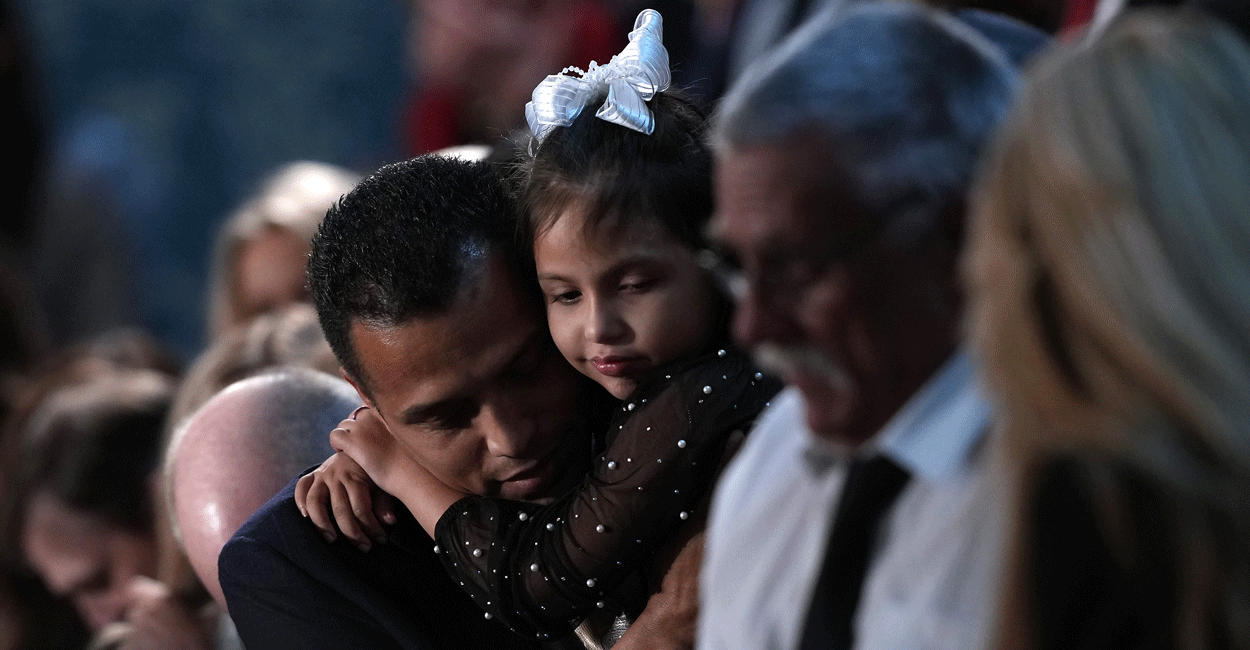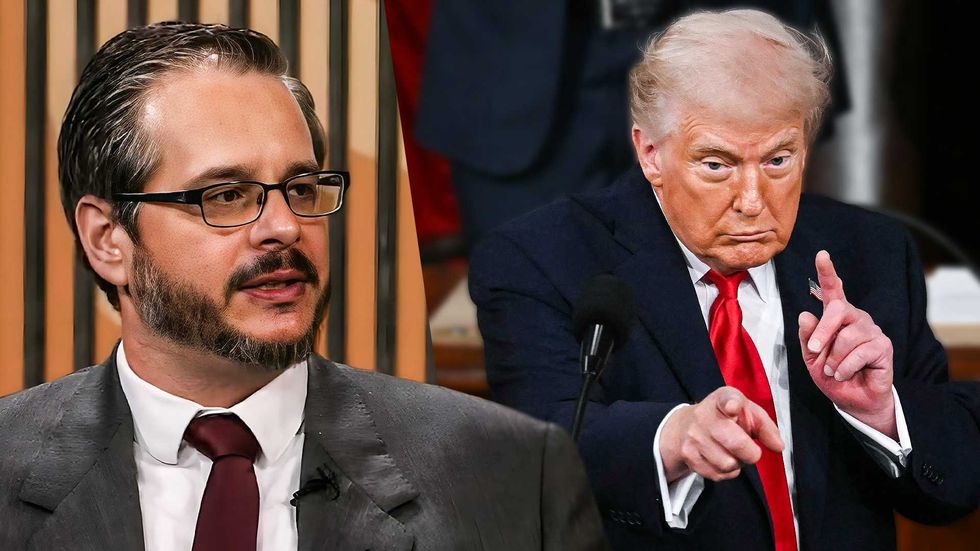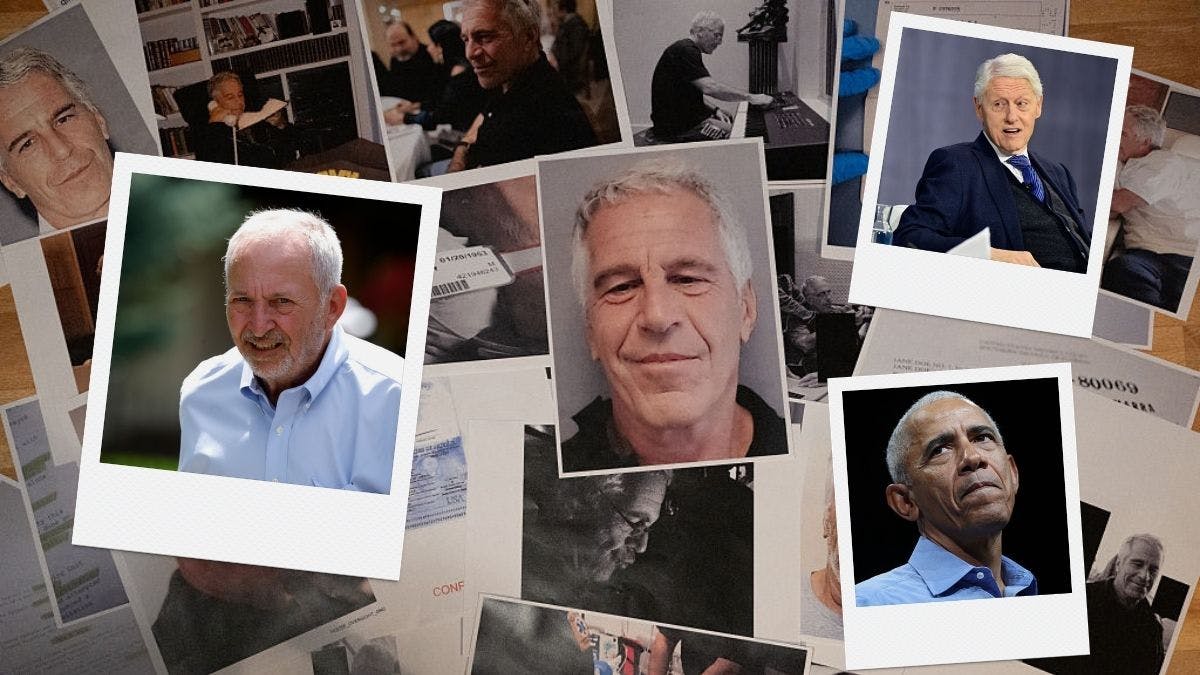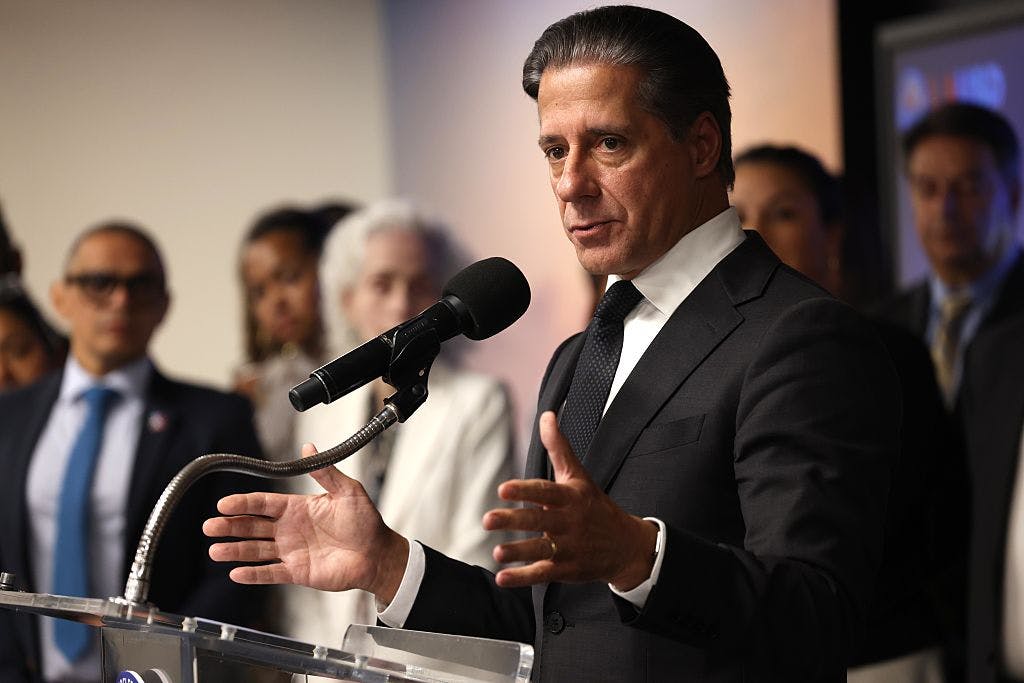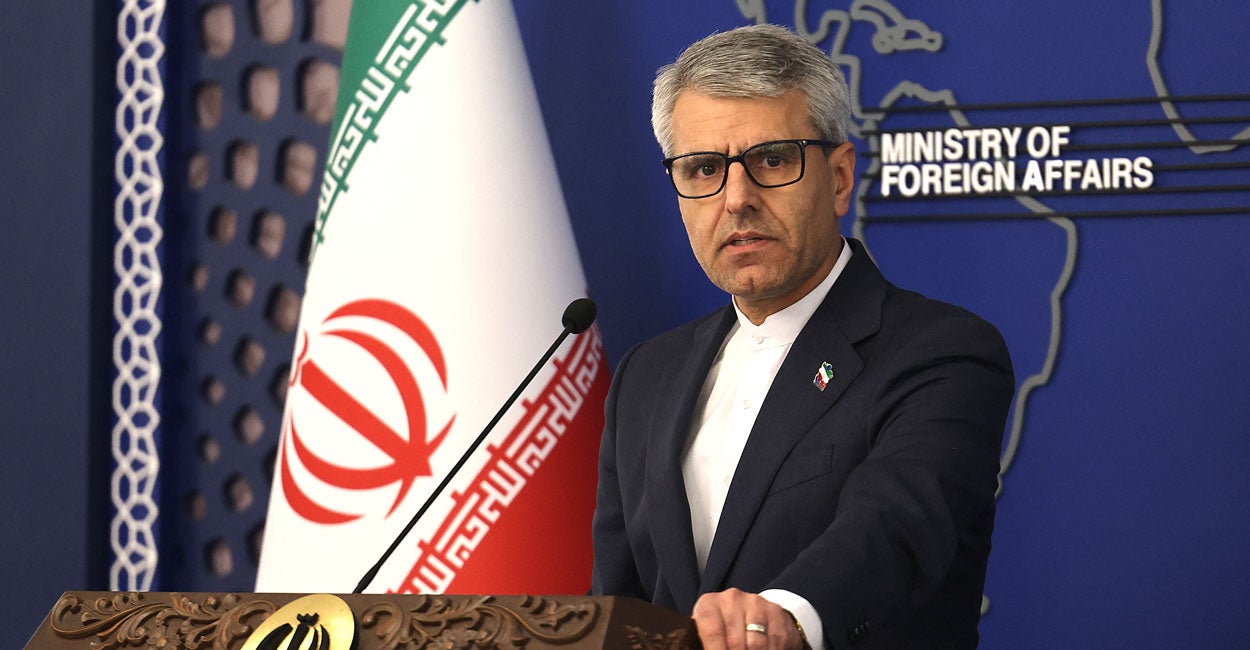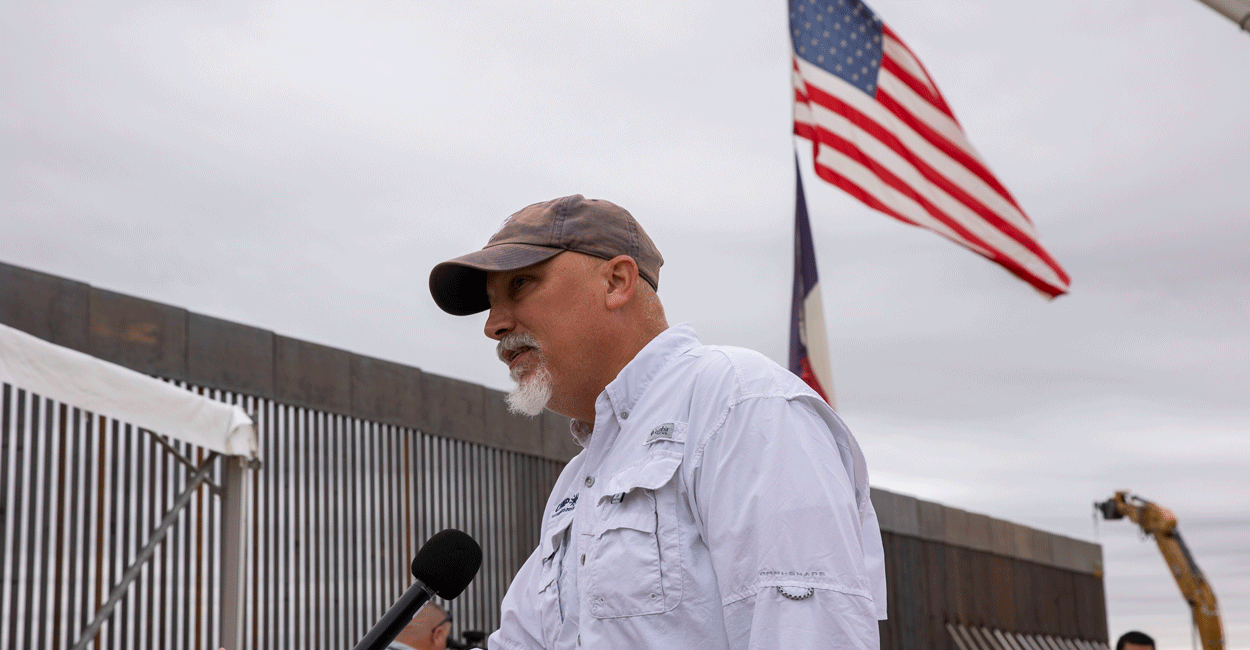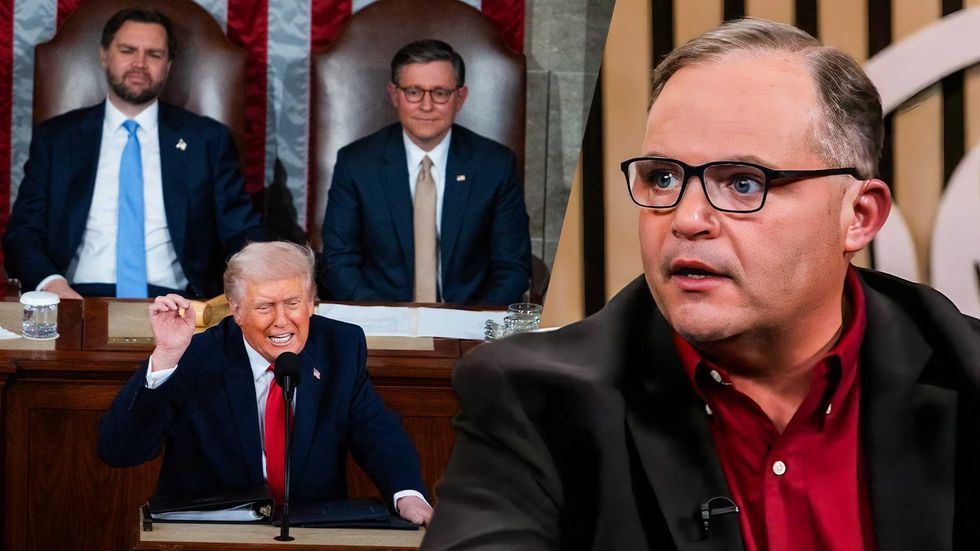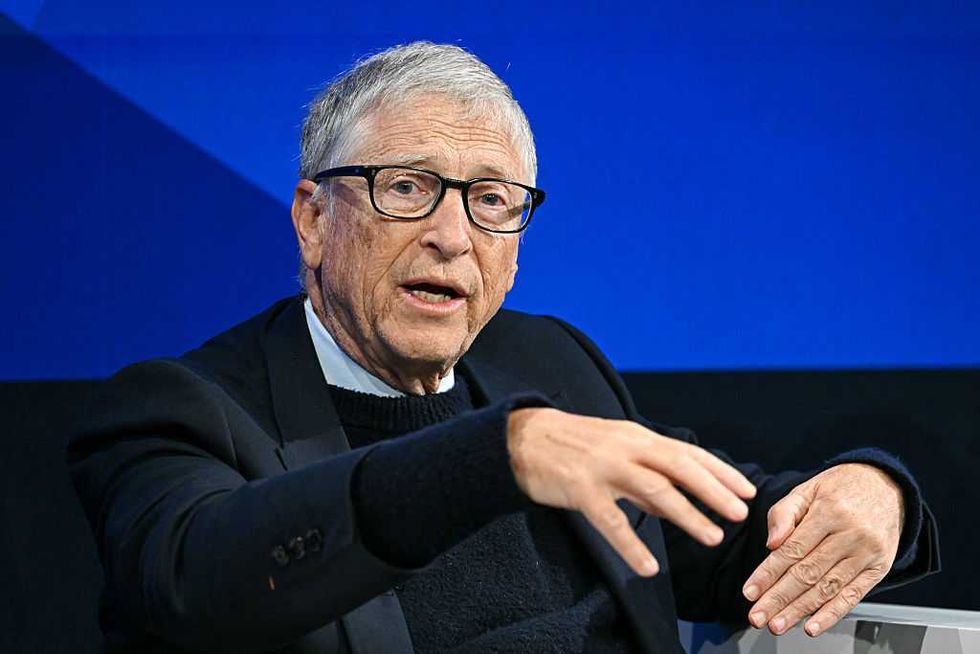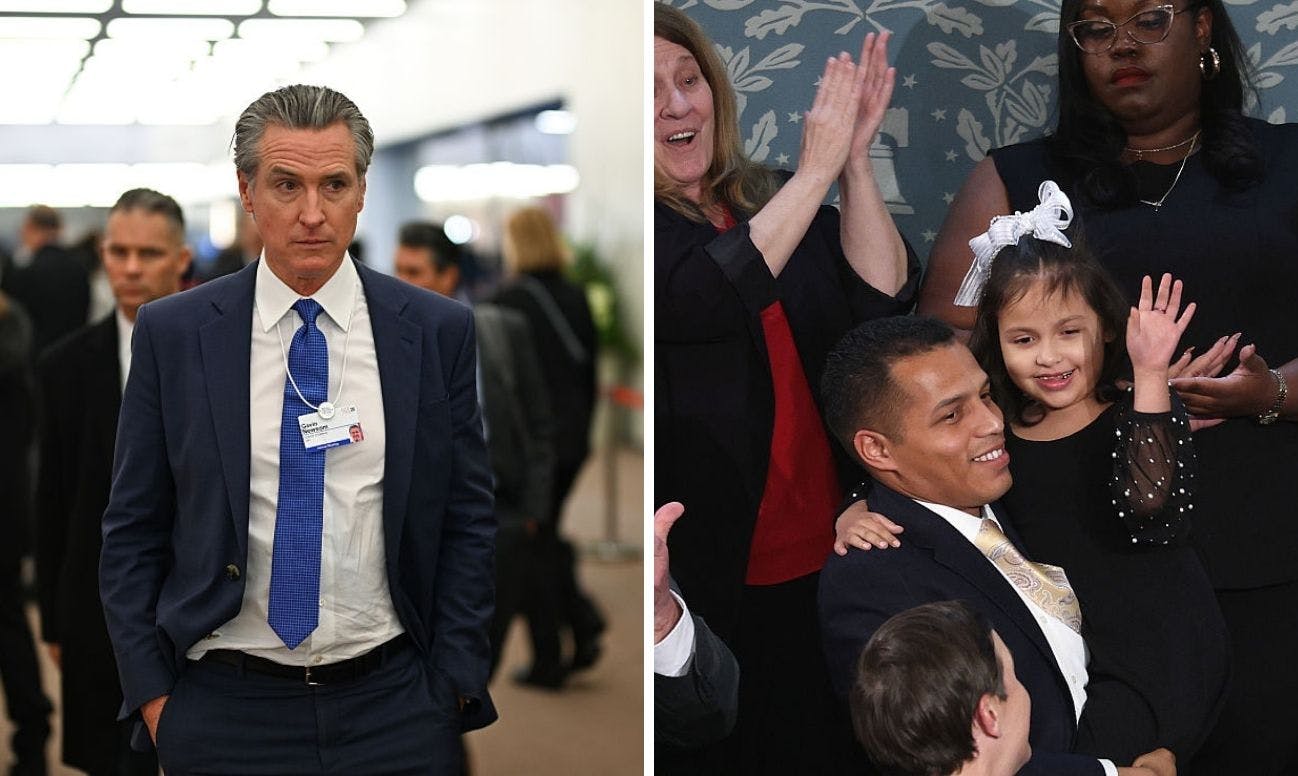The New Japanese PM Gives US a Chance to Strengthen the Anti-China Alliance
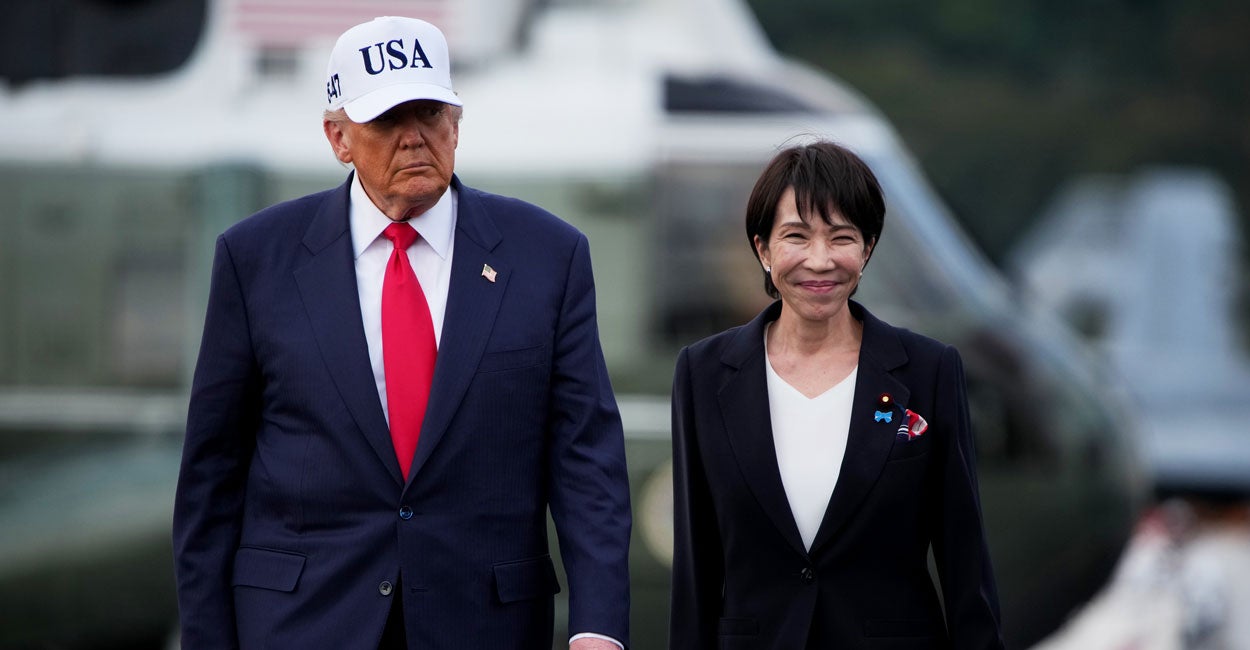
Last week, President Donald Trump concluded a trip to East Asia, meeting with several allies, including new Japanese Prime Minister Sanae Takaichi. The Trump administration may have found a critical ally in the region. Policymakers in Washington, D.C., should welcome the ascension of Japan’s “Iron Lady” and assist her efforts to strengthen her country’s security.
Live Your Best Retirement
Fun • Funds • Fitness • Freedom
Hailed as Japan’s Margaret Thatcher, Takaichi shares some similarities with the late British Prime Minister. Like Thatcher, Takaichi comes from humble beginnings as the daughter of a police officer and an automotive worker. Also, like Thatcher, she takes the reins of a country that is in the midst of stagnation and faces threats on the foreign policy front. Thatcher faced the Soviet Union, while Takaichi faces the threat of China. Takaichi’s willingness to up Japan’s role in countering China makes her a critical ally for the United States in East Asia.
China has been more belligerent in recent years, bullying neighbors all over East Asia. Most pertinent to the global economy is China’s threat to Taiwan. Taiwan is the manufacturing hub for advanced microchips, critical to much of the technology we use every day. Everything from cellphones to fighter jets relies on microchips. To show Taiwan’s dominance, it produces 90% of the world’s advanced microchips.
The reason this poses a security risk, in addition to an economic one, is Taiwan’s relationship with mainland China. The Chinese Communist Party defeated the Chinese Nationalist Party in a civil war that forced it to flee to Taiwan. The CCP views Taiwan as a renegade province that must reunite with the mainland, by force, if necessary. Should the CCP conquer Taiwan, that would place the entire world’s microchip access in danger.
For decades, the United States has defended Taiwan’s independence. However, the U.S. cannot do this alone. For one thing, isolationist sentiment is on the rise in the U.S. If China attacks Taiwan, there is no guarantee the U.S. would come to its aid. On the other hand, China has a huge advantage in a war over Taiwan. The U.S. is thousands of miles away, while China is just over 100 miles away. Approximately the distance between Philadelphia and New York.
That is where Japan and its new prime minister come in. Unlike the U.S., Taiwan is right in Japan’s backyard. A strengthened and emboldened Japan can help serve as a counterweight to China. Fortunately for Taiwan, Takaichi has publicly expressed support for Taiwan in the past. The fact that a public supporter now leads Japan bodes well for policymakers in Taipei.
Additionally, Japan faces direct threats from China in the form of the Senkaku Islands, which China claims as its territory, though Japan administers them. China regularly has naval confrontations over disputed territory, including the Senkakus. If Japan wants to protect its territory, it needs to invest in its self-defense forces.
A strengthened Japan could make a difference in other areas as well. Chinese naval and coast guard forces threaten the territory of the Philippines and Vietnam. China has been illegally fortifying islands in the South China Sea. Chinese vessels are frequently involved in collisions with the navies of other countries. Southeast Asian countries are much smaller than China, but support from a larger nation like Japan could go a long way in checking Chinese aggression.
So, what can Japan do to strengthen its national security? For starters, it needs to follow through on its commitment to increase defense spending. The Japanese government is already committed to increasing defense spending from 1% of GDP to 2% by 2027. Takaichi aims to move up that timeline to March of the current fiscal year. Increasing spending beyond that will go a long way in defending Japan’s security interests.
Another way Japan can enhance its security is to strengthen its ties with the United States. Takaichi needs a strong relationship with Trump to keep the U.S.-Japan alliance robust. Increasing defense spending will show Trump that Japan is heavily invested in its own defense and is not free-riding on the U.S. The rare earths agreement is a good start to loosening China’s stranglehold over our defense supply chain.
The new prime minister faces internal obstacles to her national security goals. Notably, Japan’s pacifist constitution severely limits reforms. If Japan wants to adapt its security policy to defend the country and its interests, it needs to amend Article 9 of its constitution, which prohibits proactive military action. If it doesn’t, Japan may be legally prohibited from intervening in defense of Taiwan or others.
Some in Japan may be hesitant to take such a drastic step, as their constitution has never been amended. Moreover, some may be afraid that amending Article 9 hits a little too close to home when it comes to Japan’s conduct during World War II. Indeed, the far-right Sanseito party has made revisionist history a staple of its identity. While their rise is a concern, they are, for now, a vocal minority. China IS a threat now, not a possible one.
The election of Sanae Takaichi is a huge opportunity for American foreign policy. Takaichi’s success could set Japan up to counter China. If the Trump administration wants to box in China and spread the burden for defending Taiwan, it should do all it can to help Takaichi succeed.
We publish a variety of perspectives. Nothing written here is to be construed as representing the views of The Daily Signal.
The post The New Japanese PM Gives US a Chance to Strengthen the Anti-China Alliance appeared first on The Daily Signal.
Originally Published at Daily Wire, Daily Signal, or The Blaze
What's Your Reaction?
 Like
0
Like
0
 Dislike
0
Dislike
0
 Love
0
Love
0
 Funny
0
Funny
0
 Angry
0
Angry
0
 Sad
0
Sad
0
 Wow
0
Wow
0
